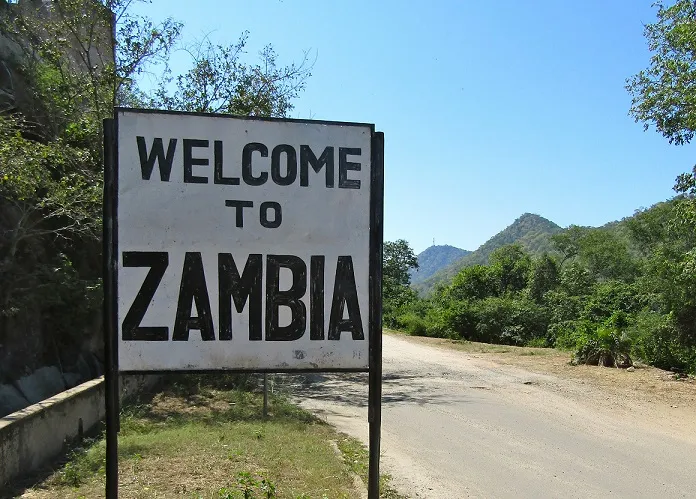Zambia’s Restructured Debt Sets a Solid Foundation for a Transformative Journey to a Bright Future, says Ministry of Finance.
Zambia’s restructured debt, combined with robust international support, is poised to have a transformative impact on the country’s socio-economic landscape, according to Ms. Lois Mulube, the Acting Permanent Secretary of Zambia’s Ministry of Finance and National Planning.
Speaking during Zambia’s Second Voluntary National Review (VNR) presentation at the High-Level Political Forum on Sustainable Development held at the United Nations Headquarters in New York, Ms. Mulube highlighted that the debt restructuring efforts would enable the country to allocate its resources more efficiently, ultimately driving positive change.
With a restructured debt of US$6.3 billion, Zambia has laid a solid foundation for its transformative journey towards a brighter future.
The debt restructuring process is expected to provide Zambia with increased financial stability and flexibility, empowering the nation to address pressing developmental challenges effectively.
Zambia has made noteworthy strides over the past year in achieving its Sustainable Development Goals (SDGs). The government has implemented comprehensive social protection programs aimed at safeguarding the most vulnerable segments of society. Ms. Mulube emphasized the importance of these programs, stating that they provide essential support to those in need.
The nation has also made substantial progress in enhancing access to critical healthcare services, particularly during the challenging period of the Covid-19 pandemic.
Through increased budgetary allocations for the procurement of medicines and improved supply chain management, Zambia aims to improve the availability of essential medicines and supplies to more than 66 percent of the population.
Education remains a top priority for Zambia, and the government has implemented various reforms to enhance the quality and accessibility of education for all citizens. These reforms are crucial in ensuring that every Zambian has equal opportunities to acquire knowledge and skills needed for personal and national development.
Despite these accomplishments, Zambia faces systemic obstacles in the areas of energy, information development, environmental sustainability, and job creation.
Poverty and inequality persist as pressing development challenges. However, Ms. Mulube assured that the government remains steadfast in its commitment to addressing these issues and implementing effective solutions.
In a statement delivered to the UN during the VNR Civil Society session, Ms. Glenda Mulenga, the Country Director of Sightsavers Zambia, called upon the Zambian government to enhance stopgap measures to alleviate the hardships faced by those left behind. She emphasized the importance of strengthening health, education, and social safety nets to mitigate the adverse effects faced by vulnerable populations.
Zambia’s commitment to overcoming these challenges is evident through its proactive measures, restructuring of debt, and collaboration with international partners.
As the country progresses on its transformative journey, the hope for a brighter and sustainable future remains strong.






























































